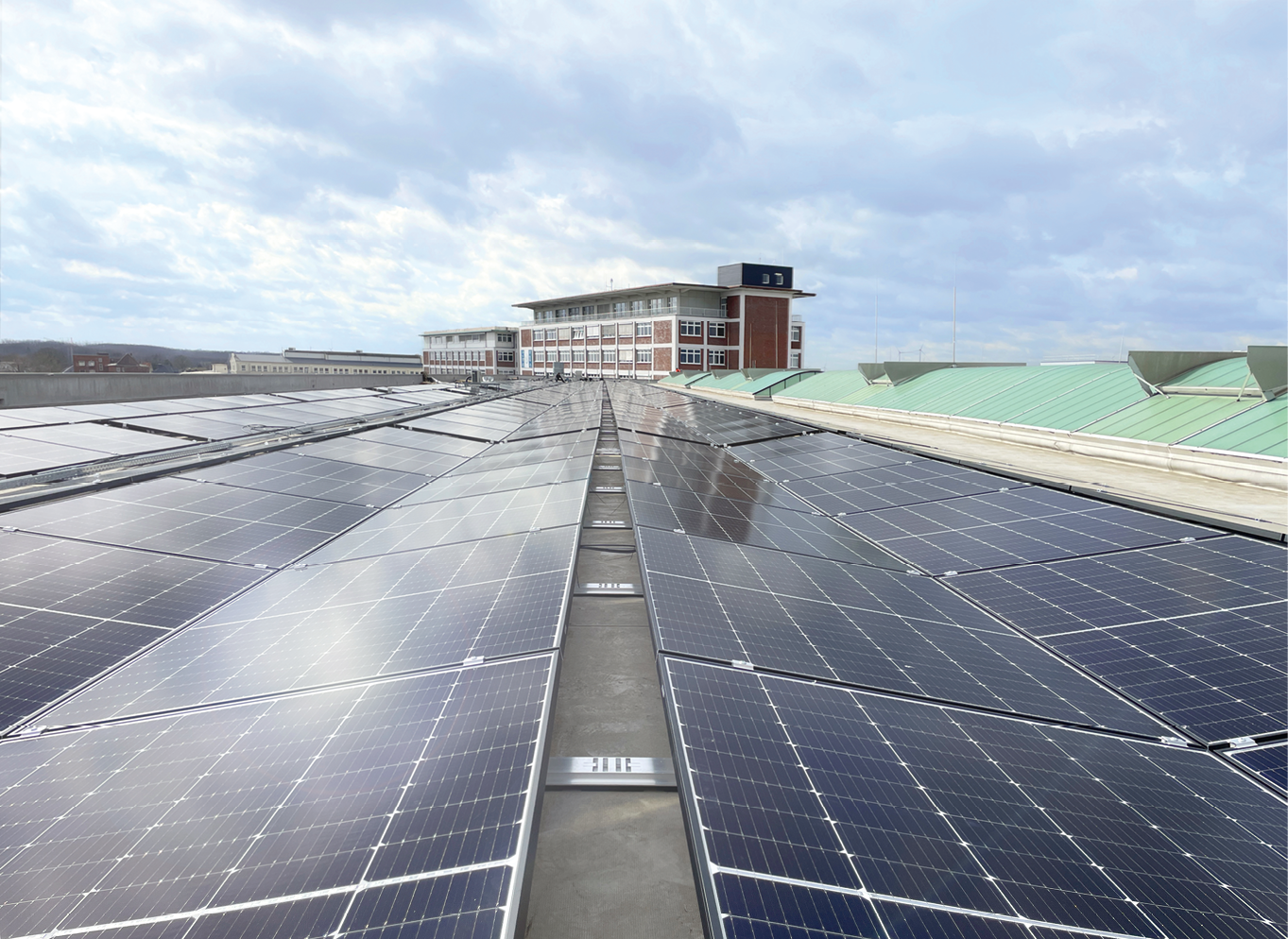GEA will invest around EUR 50 million in the modernization of its German centrifuge production facilities in Oelde (North Rhine-Westphalia) and Niederahr (Rhineland-Palatinate) by the end of 2024. The engineering group made the announcement yesterday at a press conference marking the 130th anniversary of GEA separation technology at its Oelde site. By investing in sustainable production, digitalization and automation, GEA is targeting further growth in its key markets, which include the food, beverage and pharmaceutical industries.
GEA centrifuges are used in more than 3,500 different processes in a wide range of industries. Growth drivers include applications for alternative protein production and global demand for dairy products. The investment package for the centrifuge plants is based on four pillars: sustainability, digitalization, automation and modern manufacturing technologies.

“This year, we look back with pride at 130 successful years in separation technology. With the investments announced today, we are future-proofing our sites by producing in an even more climate-friendly, efficient and modern way. As a result, we strengthen the competitiveness of both of these German sites,” explains GEA CEO Stefan Klebert. “We owe our success story to our committed employees, who work tirelessly and with a high level of engineering skill every day to ensure that we fulfill our purpose of “Engineering for a better world.”

Climate-friendly production through the use of renewable energy
Already today all GEA production sites are powered by green electricity. In the long term the electricity supply for GEA’s sites will come from local renewable energy sources. At the Oelde facility, several large-scale photovoltaic systems will cover about one-tenth of the site’s electricity requirements, including the provision of electromobility. An in-house combined heat and power plant already generates around 30 percent of the electricity required. Since waste heat is also used, 94 percent of the primary energy utilized is recycled. Process heat generation, which is important for production, will also be converted to alternatives such as electric steam generation, which will enable the Oelde and Niederahr sites to operate without gas in the near future.
130 years of GEA Separation: Success thanks to commitment and engineering skills
“I am pleased that the planned investments will make the world’s largest GEA site in Oelde strong for the upcoming decades,” says Klaus Stojentin, CEO of GEA’s Separation and Flow Technologies Division. “Due to our tradition, expertise and pioneering spirit, GEA is one of the global technology leaders in centrifuge production. We are proud to be able to expand our production facilities to better support our customers with first-class products for their manufacturing processes.”

